The Second Trimester is the “Honeymoon” Period of Mommy’s Pregnancy
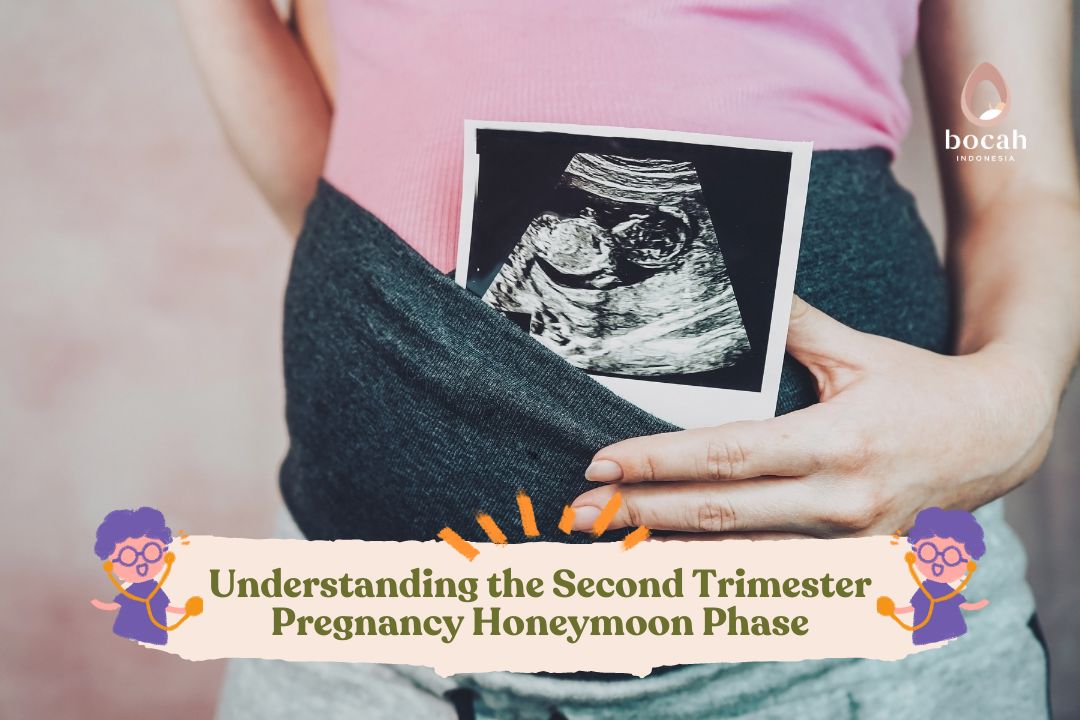
Pregnancy does have its challenges, but there are times when pregnant women do not feel symptoms of nausea. Here’s a review of the “Honeymoon” period of pregnancy.
Some moms may not fully understand the concept of a pregnancy honeymoon. The second trimester is often referred to as the “honeymoon” period of pregnancy. Starting from week 14 to week 27, symptoms such as nausea and fatigue begin to subside for many.
Many reports indicate that during this period, pregnant women usually feel more energized and experience fewer symptoms. However, each individual may experience differently.
Felt Changes
During pregnancy, changes occur over time. Here are the changes that occur during the “honeymoon” pregnancy.
1. Physical changes
In the second trimester of pregnancy, symptoms that may have been experienced in the first trimester begin to improve. Many women report that nausea and fatigue begin to lessen and they find the second trimester to be the easiest and most enjoyable part of their pregnancy.
Tanya Mincah tentang Promil?
The following changes and symptoms may occur:
- Enlarged uterus
- The uterus is enlarged
- Larger belly
- Dizziness or lightheadedness due to low blood pressure
- Feeling the baby move
- Soreness
- Increased appetite
- Appearing & stretch marks or fine lines in some parts of the mother’s body, such as the abdomen, breasts, thighs, or buttocks
- Skin changes, such as darkening of the skin around the nipple, or darker patches of skin
- Itching in certain areas
- Swelling of the ankles or hands
- Swelling of the ankles or hands
Note, you may also experience various symptoms in the second trimester. Contact your doctor if you experience symptoms such as nausea, vomiting, jaundice, extreme swelling, and rapid weight gain.
2. Fetal changes
The baby’s organs are fully developed in the second trimester. The baby can also begin to hear and swallow and small hairs become visible.
In the second trimester, the baby has started to move. It will develop sleep and wake cycles that pregnant women begin to notice.
By the end of the second trimester, the baby is expected to be about 14 inches long and weigh a little over 0.9 kilograms, according to the American Pregnancy Association. This marks a significant growth phase from the beginning of the second trimester, when the baby was still smaller and lighter.
In the “Honeymoon” period of pregnancy, expectant mothers should see a doctor every two to four weeks during the second trimester of pregnancy. Tests that the doctor may perform during the visit include:
- Measuring blood pressure
- Checking body weight
- Performing an ultrasound
- Screening for diabetes with a blood test
- Birth defects and other genetic screening tests
- Amniocentesis
During the second trimester, the doctor may use an ultrasound test to find out the baby’s gender.
Staying Healthy During Pregnancy Honeymoon
It is important for moms to know the things to do or avoid during pregnancy. This will help take care of yourself and the developing baby. Some of the things that can be done are:
- Continue taking prenatal vitamins
- Exercise regularly
- Pelvic floor exercises by doing Kegel exercises
- Eat a diet rich in fruits, vegetables, lean protein, and fiber
- Drink plenty of water
- Eat enough calories i.e. about 300 calories more than usual
- Keep your teeth and gums healthy to prevent premature labor
Things that you should avoid are:
- Strenuous exercise or strength training that can cause injury to the abdomen
- Alcohol consumption
- Caffeine (no more than one cup of coffee or tea per day)
- Smoking
- Illegal drugs
- Raw fish or smoked seafood
- Shark, swordfish, mackerel or sea bass as they have high levels of mercury.
- Raw sprouts
- Avoid first cleaning cat litter which can carry the parasite that causes toxoplasmosis
- Avoid drinking unpasteurized milk, always read the package label before you consume milk
- Deli meat or hot dogs
There are also some prescription medications to avoid such as isotretinoin (Accutane) for acne, acitretin (Soriatane) for psoriasis, thalidomide (Thalomid), and ACE inhibitors for high blood pressure. Consult your doctor if you have any concerns about prescription drugs or supplements you are taking.
Preparation for Pregnancy
The “Honeymoon” moment of pregnancy can start preparing for labor. Although there are still a few weeks left in the pregnancy, you may want to plan for labor early to help reduce the stress of the third trimester.
Here are some things you can do now to prepare for birth:
- Take prenatal education classes offered locally. Consider classes on breastfeeding, infant CPR, first aid, and parenting.
Watch birth videos on YouTube that are natural and not scary - Visit the hospital or maternity center where you will later give birth
- Prepare a nursery or room in the house for the new baby
- Consider whether or not you need to take medication for labor pain. Consult with a doctor Well, that was the understanding of the pregnancy honeymoon.
During pregnancy it is important for you to avoid things that can be stressful. Keep your pregnancy healthy by following your doctor’s advice. If you feel any unusual or disturbing changes during pregnancy, consult a doctor immediately. Find out more about preparation for pregnancy program and pregnancy only at Bocah Indonesia.
This article has been medically reviewed by Dr. Chitra Fatimah.
Source:
- Blanding, T. Baby Center (2021). Your Second Trimester Pregnancy Checklist.
- U.S. Department of Health & Human Services (2021). Office on Women’s Health. Stages of Pregnancy.
- Watson, S. Grow by WebMD (2020). Second Trimester of Pregnancy.
- Family Doctor (2021). Changes in Your Body During Pregnancy: Second Trimester.


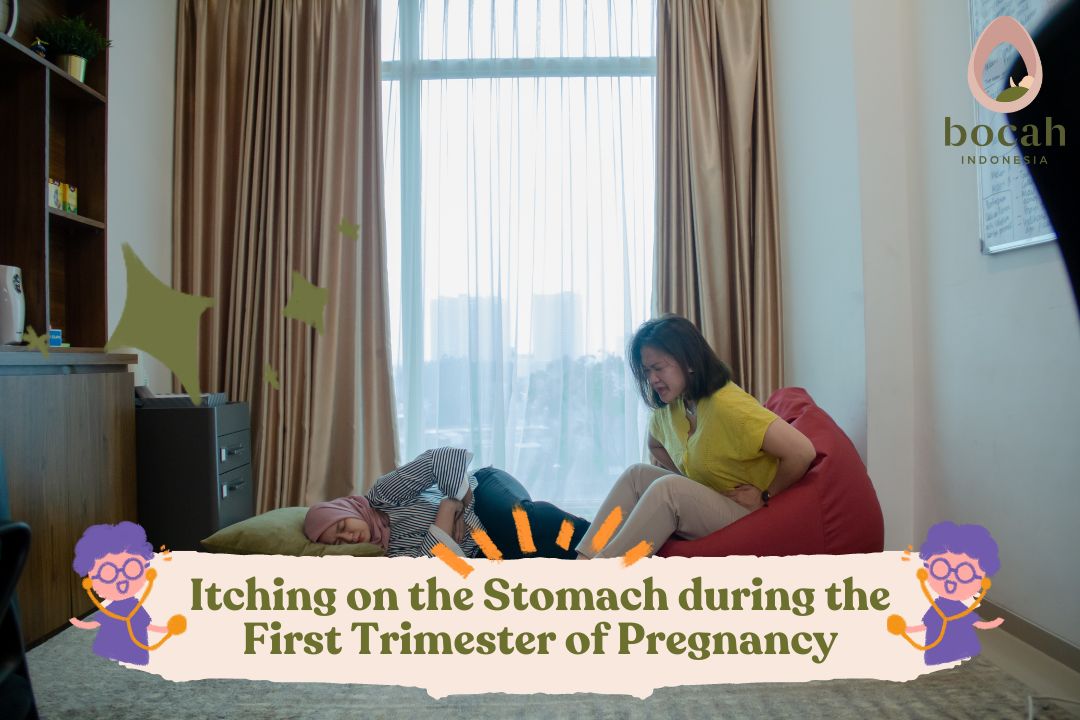
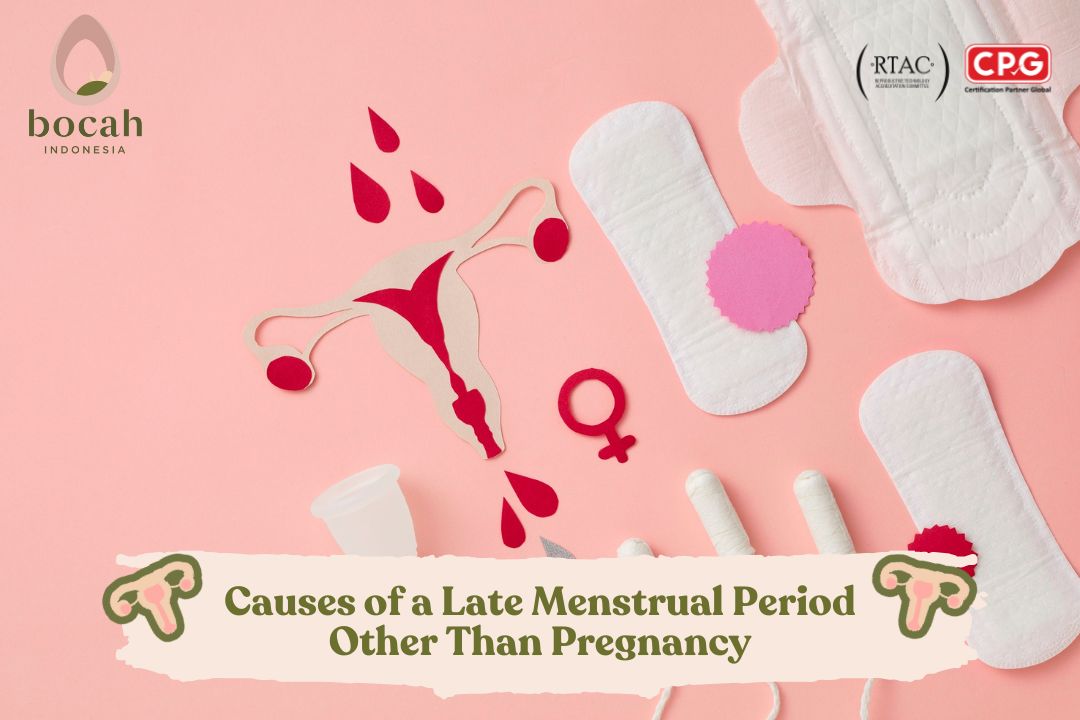
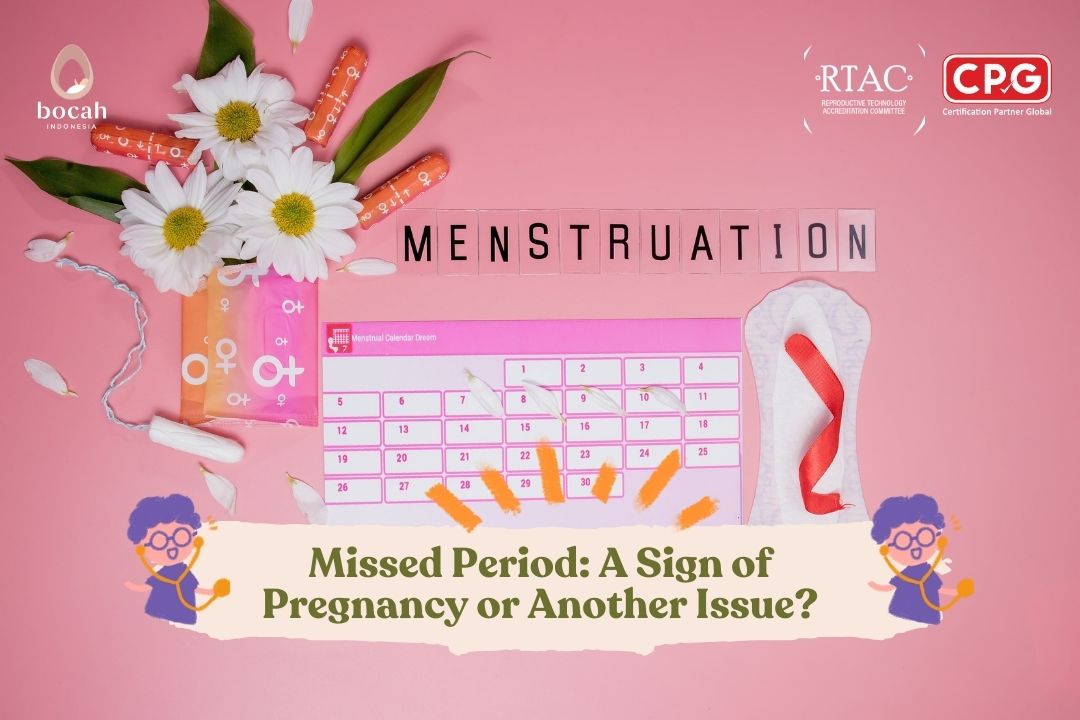



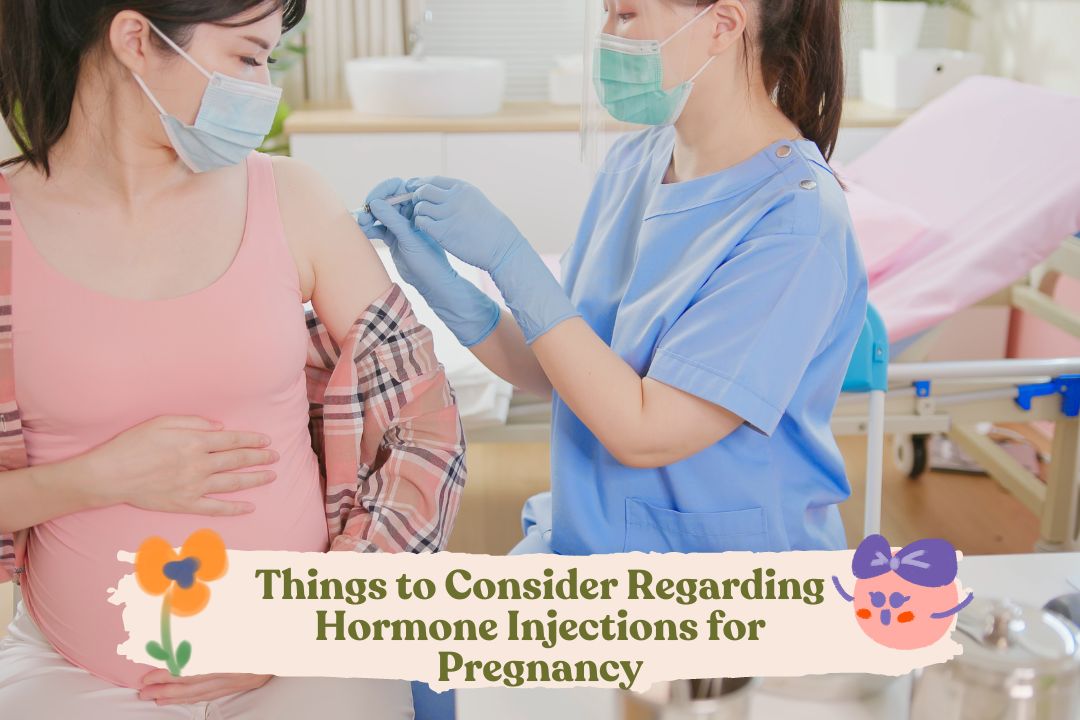
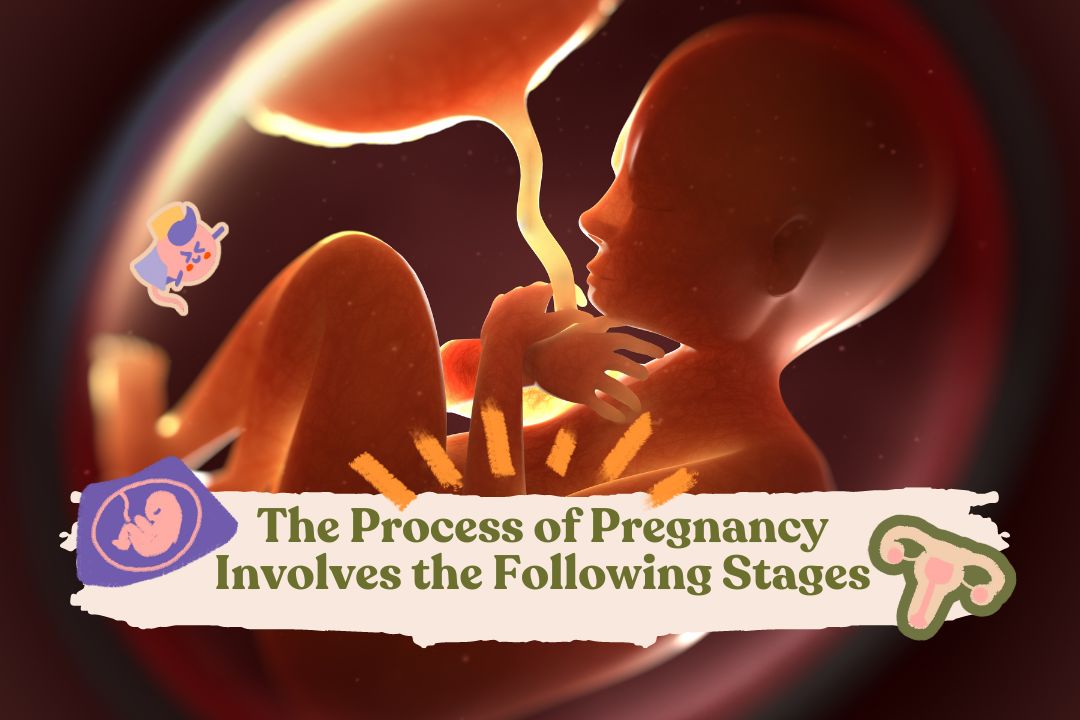

2 Responses
Is it true that consuming green tea can actually inhibit pregnancy? Are there any scientific studies or evidence to support this claim, or is it just a myth? How much green tea would one have to consume for it to have an effect on fertility?
Hi. WeddingsInAthens
There is no strong scientific evidence that consuming green tea can inhibit pregnancy. Some studies suggest that green tea contains antioxidants that can be beneficial for health, including reproductive health. However, there is not enough evidence to state that moderate consumption of green tea can negatively affect fertility.
In some cases, excessive consumption of green tea may lead to high caffeine intake, which might impact fertility. However, this generally occurs only with large amounts. It is best to consume green tea in moderation, and always consult with a healthcare professional if you have concerns about fertility and green tea consumption habits.